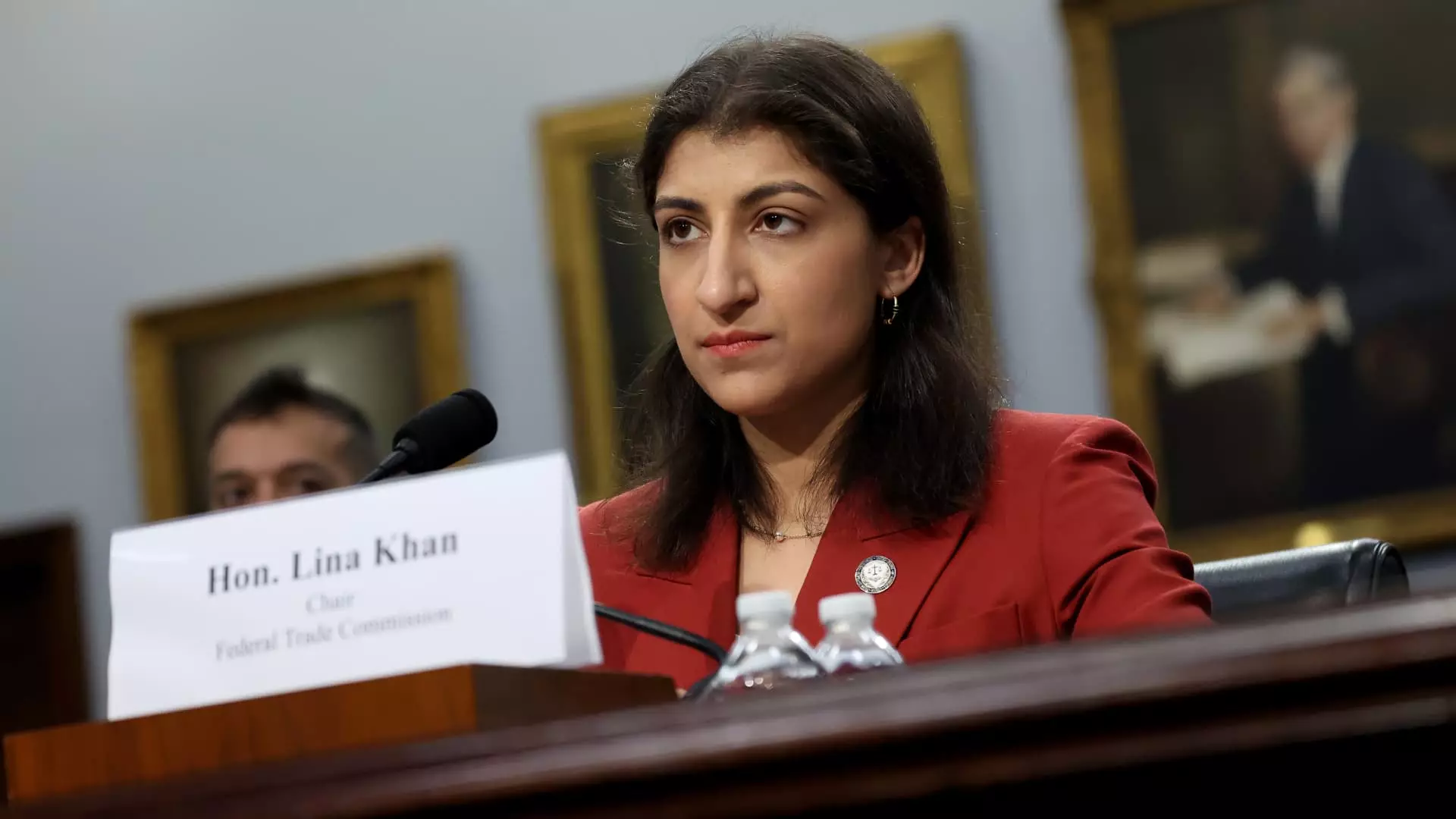The recent lawsuit initiated by the Federal Trade Commission (FTC) against prominent pharmacy benefit managers (PBMs) is a significant event in the ongoing discourse around healthcare costs in the United States. PBMs, including major players like UnitedHealth Group’s Optum Rx, CVS Health’s Caremark, and Cigna’s Express Scripts, function as intermediaries between insurers, healthcare providers, and pharmaceutical companies. They negotiate drug prices and manage formularies, essentially determining which medications are covered under specific insurance plans. This complex role places PBMs at a pivotal junction within the healthcare system, influencing drug pricing, access, and overall affordability for patients.
On a recent Friday, the FTC drew public attention by suing these three leading PBMs for allegedly employing unethical practices that consequently enhance their profitability while causing significant financial distress to patients needing insulin. The suit claims these entities foster a system of “artificially inflated insulin list prices,” primarily prioritizing high rebate deals with pharmaceutical manufacturers at the expense of fair market practices. For patients, particularly the eight million Americans with diabetes who rely on insulin for survival, this manipulation means exorbitant prices that force many to ration their medication—a dire consequence underscored by the FTC’s findings.
In anticipation of the fallout from the lawsuit, responses from the PBMs were not long in coming. For instance, representatives from CVS Health and Express Scripts dismissed the allegations as unfounded and ideologically skewed attacks, leading to a contentious back-and-forth with the FTC. CVS defended its role in making insulin affordable, while Express Scripts countered with its own lawsuit against the FTC, demanding a retraction of a prior report that criticized the PBM industry’s impact on drug prices. This exchange speaks volumes about the tensions within the healthcare system and brings to light questions about accountability and transparency amongst influential players.
The crux of the FTC’s allegations lies in the assertion that PBMs have developed a “perverse” system of drug rebates that conspicuously favors high-list-price insulins. Essentially, higher rebates from manufacturers result in fair compensation for the PBMs but perpetuate inflated prices for patients. Therefore, while various forms of insulin could be more cost-effective, these entities tend to endorse drugs that yield substantial rebates—even when less expensive alternatives exist. This practice not only burdens patients financially but also skews the broader market dynamics, hindering competitive pricing models that could provide relief to consumers.
The implications here extend well beyond insulin pricing; they point toward systemic flaws within the PBM model that could have repercussions for numerous other medications. Rahul Rao, deputy director of the FTC’s Bureau of Competition, articulated a vision where this lawsuit represents a critical step aimed at dismantling exploitative practices in the pharmaceutical landscape. This “fix,” as Rao indicated, could ultimately lead to healthier competition that drives down costs across the board.
The heightened scrutiny of PBMs corresponds with a larger governmental initiative to improve transparency within the pharmaceutical industry, exacerbated by soaring prescription drug prices. In this context, President Joe Biden’s Inflation Reduction Act exemplifies efforts to mitigate the insulin crisis, particularly for Medicare beneficiaries with a price cap of $35 per month. However, this policy does not encompass individuals with private insurance, emphasizing the need for broader legislative measures to uphold patient rights across the healthcare continuum.
The Biden administration’s focus cuts to the heart of the issue: Many Americans, especially those with chronic conditions, face an unsettling reality where healthcare products—essential for survival—remain unaffordable. A fact sheet from the White House starkly illustrates this dilemma, revealing that Americans pay two to three times more for their prescription drugs compared to patients in other developed countries. As the dialogue unfolds, it becomes increasingly apparent that the stakes are not merely about pricing; they concern the core tenet of equitable healthcare access.
The FTC’s lawsuit against the top pharmacy benefit managers marks a critical juncture in the quest for transparency and fairness in drug pricing. As the situation develops, it will be essential for policymakers, healthcare professionals, and consumer advocates to collectively address these systemic failures. With millions of lives hanging in the balance, the ramifications of this lawsuit carry profound weight—not only for insulin pricing but for the broader implications on healthcare access and affordability in the United States. The notion of a more equitable healthcare system remains within reach, contingent on sustained efforts towards accountability within the pharmaceutical supply chain.

